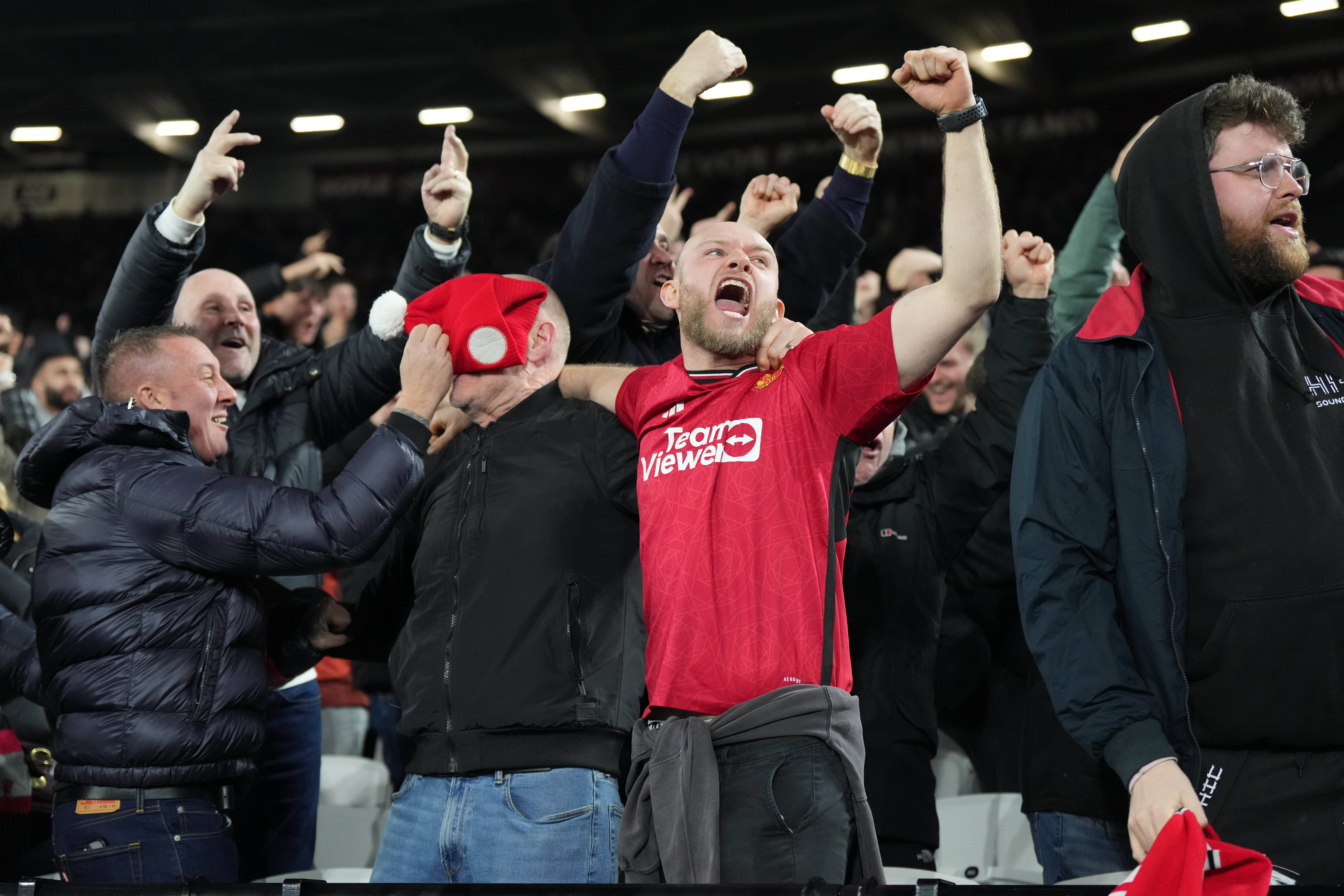The 90’s was a very difficult period for the Balkan region, especially for Yugoslavia. There was the independence of Croatia, the war in Bosnia and Herzegovina and the separation of Macedonia and Slovenia. But enough politics, let’s get back to the football pitch.
European Red-White Triumph
The 1990/91 season in the European Cup is definitely one to remember. Real Madrid, Napoli, Bayern Munich and Milan, who won the last two editions of the tournament, were among the favourites. This tournament was supposed to mark the return of the English clubs after a five-year ban because of the Heysel tragedy in 1985, but Liverpool were suspended for another year. Ajax were also disqualified because of their fans’ behaviour in the previous campaign.
And while the favourites had routine wins, one team started to impress. Crvena Zvezda, managed by Ljupko Petrovic, gave no chance to Grasshoppers after 1-1 draw at home and trashing them 4-1 in Switzerland, with Robert Prosinecki scoring two penalties. Darko Pancev and Dusko Radinovic also scored once each. Prosinecki, Sinisa Mihajlovic, Pancev, Dejan Savicevic and were part of the team that won the U20 World Cup in 1987 and they were accompanied by Vladimir Jugovic and Miroslav Belodedici – the core of The Red-Whites.
In the second round, Zvezda faced the always unpredictable Scottish champions, Rangers. The first-leg ended with more than comfortable 3-0 win, with Pancev and Prosinecki scoring again but before them, John Brown put the ball into his own net in the eighth minute. Pancev again scored in Glasgow before Ally McCoist equalised; the only actions of the game. In this round, Napoli’s dreams of becoming European champions ended with Marco Baroni missing the third penalty in a shoot-out against Spartak Moscow.
The draw for the quarter-finals sent Crvena Zvezda on a journey to East Germany. The match against Dynamo Dresden was played on March 6th 1991 in Belgrade in which Savicevic and Co. record another easy 3-0 win, which made the second leg a lot easier. On March 20th Dynamo took an early lead after Torsten Gutschow scored a penalty. However, in the second half, Savicevic and Pancev turned it on and soon after that, Dynamo’s fans became uncontrollable. They started to throw objects onto the field and caused commotion in the stands. All this resulted in the game being stopped in 78th minute by the referee, Emilio Soriano Aladren, and later a 3-0 win was awarded Crvena Zvezda’s favour.
Marseille eliminated Milan in very controversial manner while Spartak knocked-out Real Madrid.
It’s time for semi-finals. Zvezda again travelled to Germany, but this time to the western section. They were drawn against the giants, Bayern Munich. According to the thoughts of many football specialists, this should have been the end of the Yugoslavian side’s. Zvezda surprised their host in the first clash of the tie. Being 1-0 down in the 23rd minute when Roland Wohlfart put the Bavarians in front, Darko Pancev equalised in the dying seconds of the first half.
Savicevic scored the so important second goal which ended as the winner. Zvezda now had the chance to dream about the final. And when Sinisa Mihajlovic opened the scoring in the 24th minute, everybody started to believe. As in the previous match, there was a comeback, though. Augenthaler (61′) and Bender (66′) brought Zvezda back to reality. And when the time was ticking away the unthinkable happened. A cross was played in by Mihajlovic and Augenthaler, in his attempt to clear the ball, put it behind his keeper in the 90th minute.
“Nebo se otvorilo, Stadion je eksplodirao” (The sky has opened, the stadium has exploded) are the words said by the commentator and they are still remembered today. After the final whistle, chants of ‘we are going to Bari’ were spread all over the country, thus making it the second team from Yugoslavia to reach the final of the European Cup after Partizan in 1966.
Red Star arrived in Italy unusually early, on Thursday, 23 May 1991, six full days ahead of the final. The team set up base in Monopoli, close to Bari. There they stayed in the Il Melograno Hotel and trained at the facilities of A.C Monopoli. Due to a lot of interest from richer European clubs already being raised for the future services of young Red Star players, the club management tried to ensure its players were fully focused on the task at hand. The players were placed in semi-quarantine immediately upon arrival in Italy, which meant being separated from wives and girlfriends without the ability to receive incoming phone calls in hotel rooms, though able to make outgoing calls.
So, on 29th May 1991, it was Crvena Zvezda against Marsellie in Bari. After 120 minutes of fight, the winner had to be decided by penalties. Prosinecki took the first one and scored. Amoros was first for the French champions but saw his shot saved by Stojanovic. Nobody after that missed a penalty. It was the fifth kick for Zvezda and Pancev was stepping up. After so many moments of drama, there was a deadly silence. Seconds later, Pancev was surrounded by his teammates and the celebrations were ready to begin.
Many believe that the Croatians are the reason for the triumph. However, the truth is that Crvena Zvezda possessed a lot of quality and many of the players had a career in Europe’s top clubs.
Main Photo




